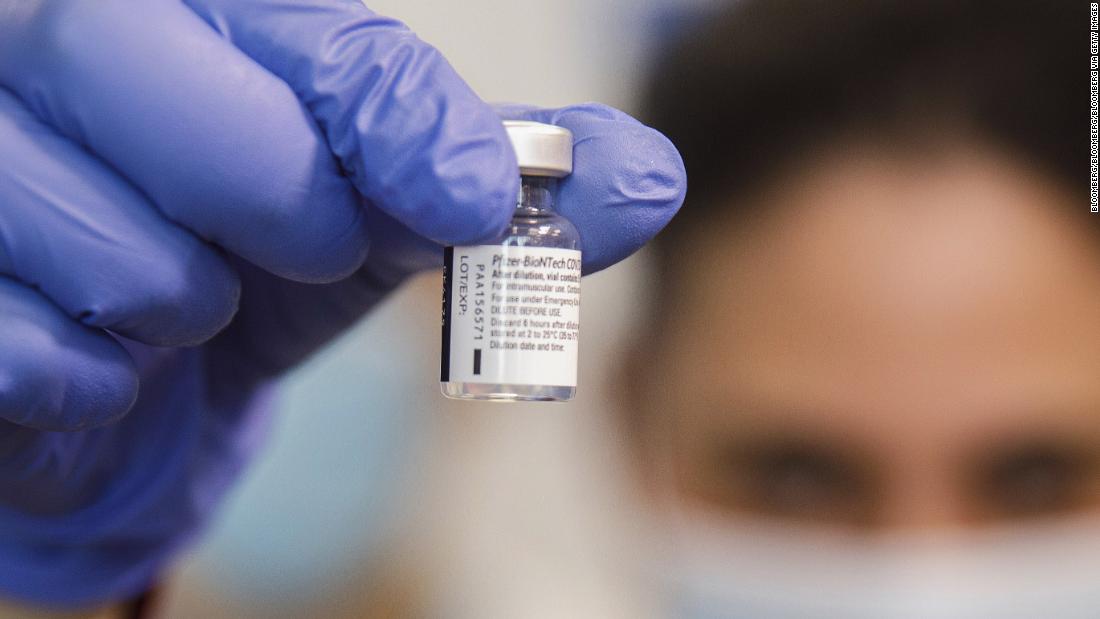The Clalit Research Institute, which is part of a major Israeli health system, analyzed data on 1.2 million people, about half of whom received the Pfizer BioNTech vaccine. Researchers compared patients who received the vaccine with similar individuals who did not.
The rate of symptomatic Covid-19 – meaning people who were infected with the coronavirus and felt ill – dropped by 94% among people who received two doses of the vaccine, according to a press release from Clalit. The percentage of serious illness decreased by 92%.
In the Pfizer trial, researchers randomly assigned patients to receive the vaccine or a placebo. Then they looked at how many people in each group became ill and found that the vaccine sharply reduced the disease.
Pfizer’s study was a randomized controlled trial, the gold standard in clinical research. The Israeli study, on the other hand, was observational, meaning researchers did not randomly select who received the vaccine and who did not.
This can cause problems; people who prefer to be vaccinated, for example, may be more likely to take other steps to protect themselves.
However, researchers have said they are trying to justify such effects. Observation studies are important because they can provide some insight into how well vaccines protect people under real-world conditions.
